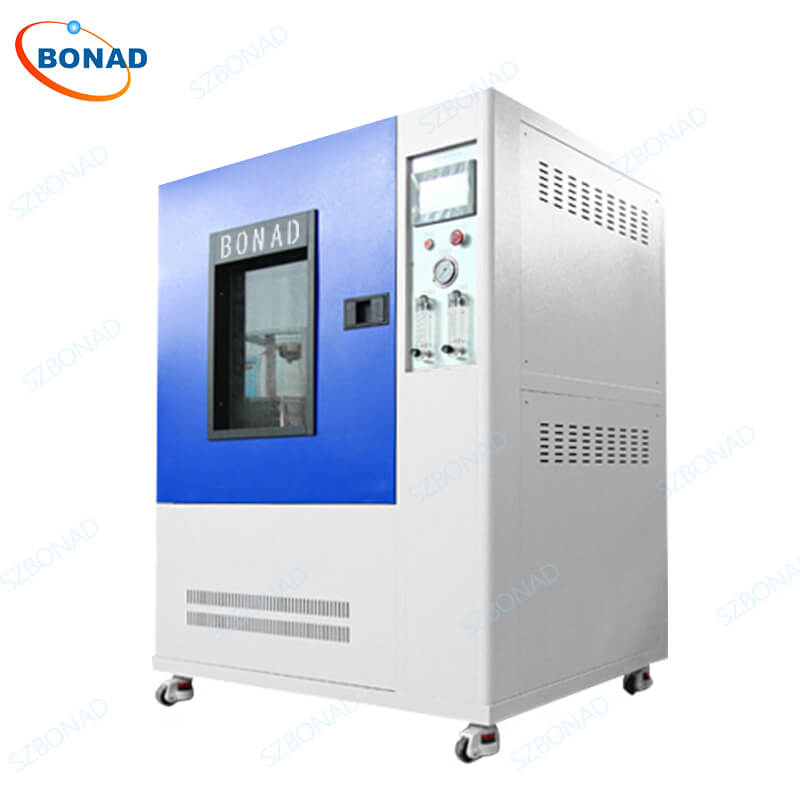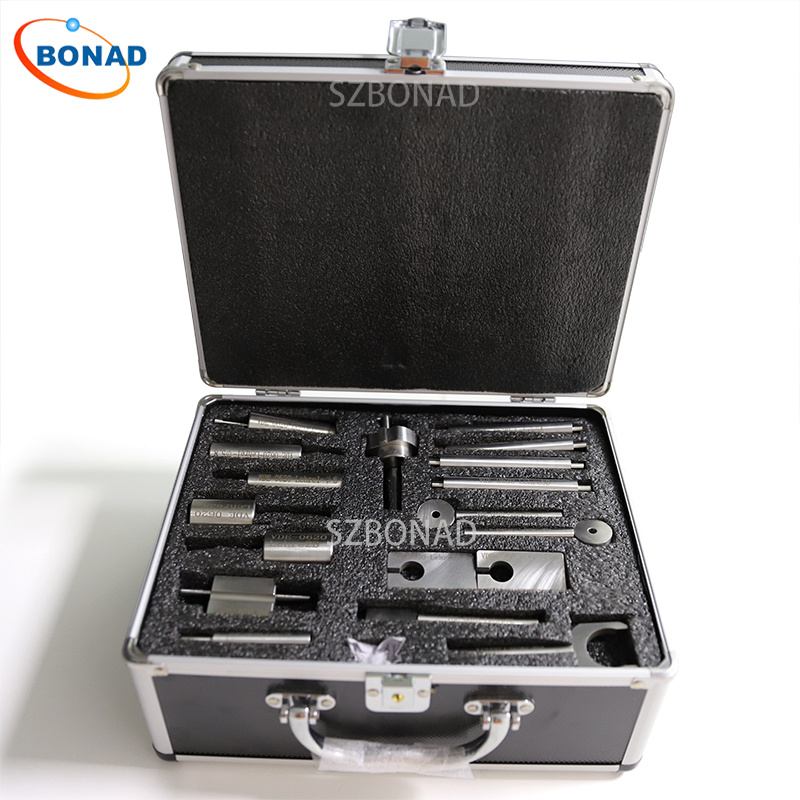Understanding JIS D 0203 Testing
JIS D 0203 is a rigorous standard for ingress protection testing, formulated by the Japanese Standards Association. This standard plays a pivotal role in verifying the moisture resistance and waterproof qualities of various automotive components. The JIS D 0203 standard includes a range of specific tests designed to assess how well automotive parts can endure exposure to moisture, rain, spray, and immersion.
Testing Methods for JIS D 0203
Automotive parts subjected to JIS D 0203 testing undergo a series of stringent evaluations to ensure their durability and reliability under different environmental conditions. Below is an outline of the primary testing methods:
Moisture Testing
- M1 – Moisture Test: This test examines the performance of automotive parts when exposed to moisture over an extended period, lasting for eight hours.
- M2 – Moisture Test: This test evaluates the functionality of parts under high temperature and humidity conditions and lasts for one hour.
Rain Testing
Rain testing simulates real-world scenarios where automotive components are exposed to rainfall. There are two main protocols under this category:
- R1 – Rain Test: This test assesses how parts function when subjected to rain droplets for ten minutes at a water temperature of 32 degrees Celsius.
- R2 – Rain Test: This protocol evaluates the functionality of parts exposed to indirect wind and rain or spray for ten minutes at a water temperature of 60 degrees Celsius.
Spray Testing
Spray testing involves directing water onto automotive parts using specific nozzles from a certain distance and flow rate. Two principal protocols are followed:
- S1 – Spray Test: This test investigates how parts perform under direct wind and rain or spray conditions for thirty minutes with a minimum water flow rate of 24.5 liters per minute.
- S2 – Spray Test: This more intensive test subjects parts to heavy water spray for one hour with a minimum flow rate of 39.2 liters per minute.
Dip Testing (Immersion Testing)
Dip testing, also known as immersion testing, evaluates how well automotive parts can withstand being submerged in water. There are three distinct dip tests within JIS D 0203:
- D1 – Dip Test: This test assesses the functionality of parts that occasionally get immersed in water for five minutes, submerged up to their upper surface.
- D2 – Dip Test: This test determines the performance of parts that are continually submerged or designed to be completely waterproof for ten minutes, submerged up to 100 millimeters from their upper surface with a temperature difference of 30 degrees Celsius between the unit and the water.
- D3 – Dip Test: This specialized test examines the waterproofness of parts used in unique applications by submerging them up to 100 meters from their upper surface for twenty minutes with a temperature difference of 50 degrees Celsius between the unit and the water.
Conclusion
JIS D 0203 testing is crucial for ensuring that automotive components can withstand various environmental challenges related to moisture, rain, spray, and immersion. By adhering to these stringent standards, manufacturers can ensure that their products achieve high levels of durability and reliability.



